Here are the Key Ways Trauma Affects the Brain
Digestive problems. Depression. Insomnia.
Panic attacks. Nightmares. Chronic pain.
Headaches. Fatigue. Brain fog.
Being easily startled. Memory loss. Anxiety.
Unfortunately, these are some of the most common physical signs of how trauma affects the body.
Trauma doesn't stop at just affecting the body, though. There is a huge mind-body connection, which means that trauma can affect the brain as well. Although you may not remember all the details surrounding a trauma, it doesn't mean the body and brain can't show signs and symptoms long afterwards.
Let's dive deeper into the ways trauma affects the brain.
How Trauma Affects the Amygdala
The amygdala is nervous tissue located in a section of the brain that is in charge of emotions and memory. It's also in charge of processing fearful or threatening stimuli. In a normal situation, the amygdala will use our senses like sights and sounds to determine if something or someone is threatening. If a threat is perceived, the feeling of fear arises.
In the case of trauma, the amygdala can have a difficult time detecting threatful situations. After a trauma takes place, the amygdala may start to perceive more situations and events as threatening, even if no threat is actually there. It's as if the amygdala goes into defense mode as a way to protect itself from any more harm.
This can lead to a heightened state of fear, chronic stress, increased irritability, difficulty sleeping, and anxiety.
How Trauma Affects the Hippocampus
The main function of the hippocampus deals with learning and memory. The hippocampus will have greater difficulty performing its job properly after trauma takes place. Being able to differentiate between past and present experiences is one of the key abilities at risk of being affected by trauma.
In addition to the hippocampus not being able to identify between past and present situations, people may also have a difficult time differentiating between their past trauma and their present day-to-day life.
Memories of the trauma may constantly be on the victim's mind, and others may be more difficult to remember. This means that people and places that come in and out of a person's daily life may trigger the person affected, often unexpectedly. Their fight-or-flight response will constantly be switched to "on" and can bring on more negative feelings like fear, panic, and stress.
How Trauma Affects the Prefrontal Cortex
The prefrontal cortex is the part of the brain that plays a huge role in a person's cognitive control functions. This part of the brain is responsible for comprehension, creativity, impulse control, reasoning, and problem-solving.
The prefrontal cortex will react to emotions in a rational way when the amygdala senses something negative. After a trauma, the prefrontal cortex will often have a harder time regulating these emotions with rationality.
Treatment Options
After experiencing trauma, the brain and body have a difficult time healing. Therapy is one of the best treatment options available for you to begin the healing process. It can also be used to prevent further damage from happening, as well as attempt to reverse the effects of trauma on some areas of your brain.
Most importantly, remember that you are not alone. Working with a therapist can help you identify the source of your trauma, as well as any triggers. From there, they will work with you to talk through your feelings, thoughts, and emotions with the goal of overcoming your trauma.
Reach out to us today to set up a consultation for trauma therapy. Your trauma does not define who you are. We'll work with you to get your body and brain on the same page so you can get back to living your life to the fullest.

